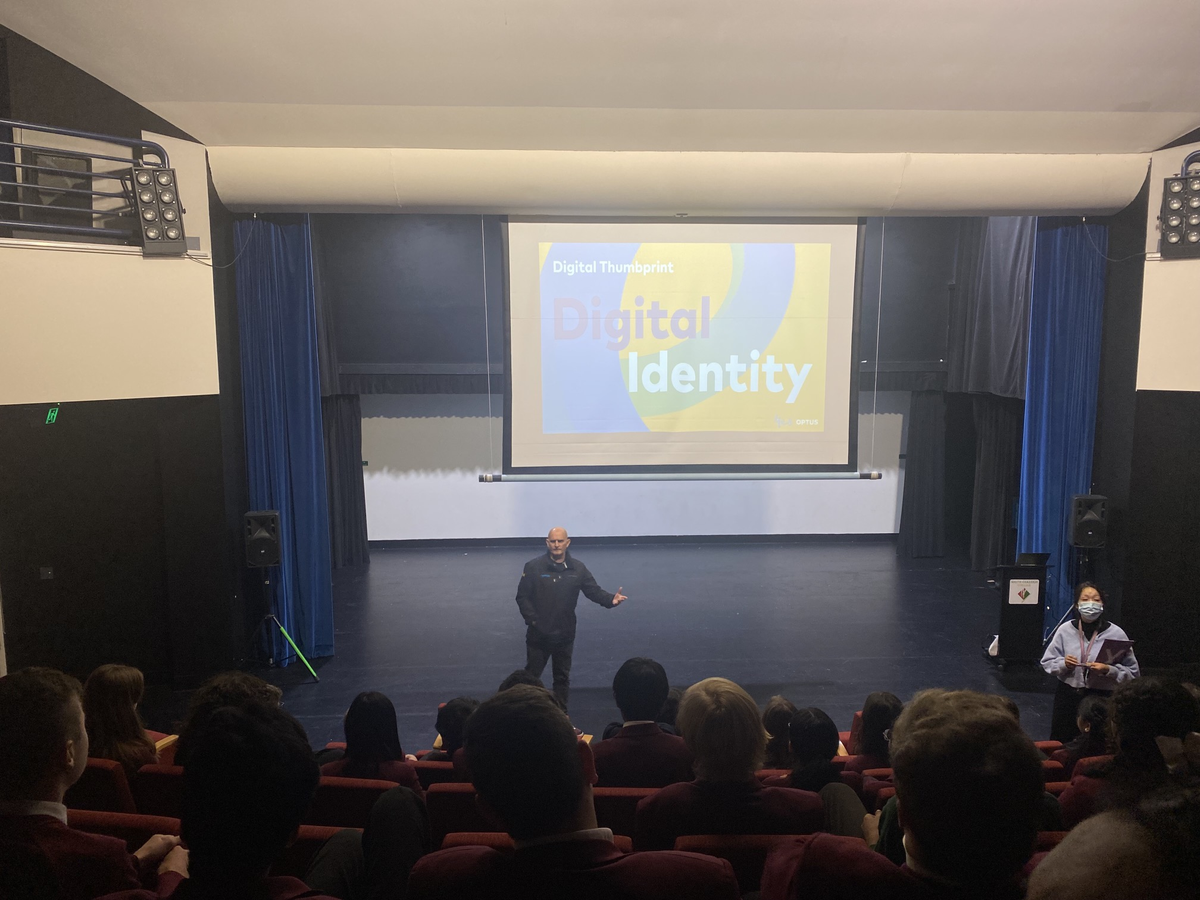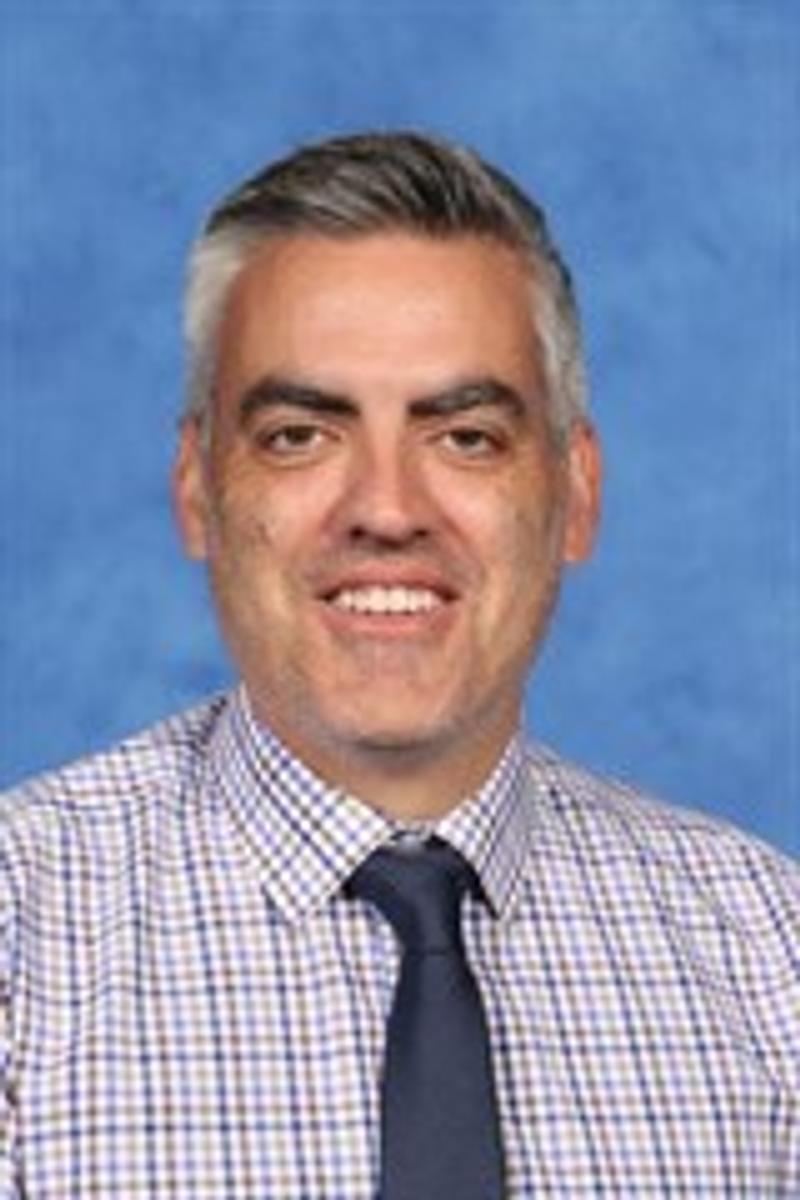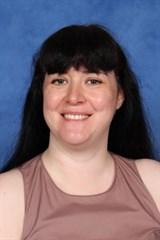Leading Teachers Report

Junior School Report
To the South Oakleigh College community, a warm welcome to Term 2. Our Junior School students have hit the ground running on their return to school. In our year-level assemblies at the start of the term, we discussed a number of items with our students.
This included:
- Wearing our winter uniform with pride to, at, and from school including our blazers.
- The submission of learning tasks
- The use of our College planners to ensure all students are well organised and aware of deadlines.
In a few weeks, we will be holding our mid-year exams which for Year 7 and 8 students will comprise of an exam for English, Maths, Science and Humanities. The exam timetable will be released shortly, but in the meantime, all students are strongly encouraged to begin constructing their revision notes for this important assessment. It was great to see so many of our parents and carers involved in the recent Parent-Student-Teacher conferences which were once again held online. If you would like further follow-up from your child’s teacher please don’t hesitate to email them or give them a call.
At the start of the term we were able to move into our new state-of-the-art STEM building, the Debbie Locco Centre. Both students and teachers have been extremely excited to utilise this amazing learning space. All of our Junior School students were also involved in a digital thumbprint incursion where a guest speaker discussed staying safe and secure online and making sure students are aware of their responsibilities when using social media.
George Tzimourtas
Director of Students: Junior School
Middle School Report
Dear SOC Students, Parents, and Carers,
Regular attendance plays a crucial role in your child's educational journey. It impacts their academic performance, personal growth, and future prospects. Here's how attendance contributes to a successful learning experience:
- Academic Success: Attending school consistently provides valuable opportunities for learning, growth, and active participation. It ensures students receive consistent instruction, grasp core content, and develop critical thinking skills.
- Establishing Routine and Healthy Habits: Regular attendance helps students develop routines, punctuality, and responsibility. It translates into meeting deadlines, managing time effectively, and maintaining commitments. It also contributes to better mental health management.
- Social and Emotional Development: School is a vibrant community for social interactions, friendships, and personal growth. Regular attendance enables students to build relationships, enhance social skills, and develop emotional well-being through extracurricular activities.
To support your child's attendance, here are some tips and resources:
- Morning Routine: Create a consistent morning routine with ample time to prepare for school, promoting a calm start and reducing tardiness.
- Reasonable Bedtimes: Ensure your child has sufficient sleep by maintaining a consistent bedtime for their age group (8-10 hours)
- Communicate Importance: Regularly discuss with your child how attendance impacts their academic progress, social connections, and future opportunities.
- Provide medical documentation for any absences: When your child is away due to medical reasons, ensure that medical documentation such as a medical certificate is provided to the school.
- Collaborate with Teachers, Student Management and Wellbeing teams: When your child is absent, it’s useful to touch base with your child’s teacher. They are able to provide assistance to your child to follow lesson plans and minimise the disruption to your child’s learning. It’s also important to maintain open communication with your students’ year level leader and the wellbeing team to inform them promptly about any challenges affecting attendance. Early intervention is the best way to get your child back to attending school.
Useful Websites/Contacts
- Kids Matter - www.kidsmatter.edu.au
- Youth Beyond Blue - www.youthbeyondblue.com.au
- Headspace - www.headspace.org.au or e-headspace www.eheadspace.org.au/ for online counselling & support
- Reach Out – www.reachout.com
Kids helpline - 1800 55 1800 24 hours a day, 7 days a week or web counselling
Your active involvement as parents and carers is crucial in supporting regular attendance. Together, we can ensure your child thrives academically and socially. Remember, EVERY DAY COUNTS!
Travis Knox
Director of Students: Middle School
Senior School Report
We hope this newsletter finds you well and motivated to excel in your academic journey.
As VCE students, you are undoubtedly aware of the upcoming General Achievement Test (GAT). Scheduled for the 15th of June. Students completing any VCE or VET Unit ¾ are required to sit for the GAT.
Both Sections A and B
- Students enrolled in one or more VCE or scored VCE VET Unit 3–4 sequence, including students not planning to undertake scored assessment
- Includes students who have met the literacy and numeracy standards in a previous year
Section A only
- Students enrolled in one or more VCE Vocational Major Unit 3–4 sequence or Senior VCAL studies but who are not enrolled in any VCE or scored VCE VET Unit 3–4 sequences
There will be no classes for Year 11 and 12 VCE students however Year 11 VM classes will run as scheduled.
Year 10 students completing a Year 11 subject will have their normal classes.
Mid-Year Exams:
With exams just around the corner, it's essential to cultivate effective study habits. Establishing a consistent study routine, creating a conducive environment, and practising active learning techniques are all key factors in achieving academic excellence. Our school offers various study support programs, including tutoring and study groups, to assist you in developing these habits. Don't hesitate to contact your teachers or the learning support team for guidance on effective study strategies tailored to your learning style.
Special Provisions:
At our school, we recognize and support the diverse learning needs of our students. If you require special provisions for exams or assessments due to personal circumstances, it is crucial to communicate your needs to the Ms Fergueson, Mrs Carmody or Ms Terdich as soon as possible. By doing so, we can work together to ensure a fair and supportive environment that allows you to showcase your true potential.
Being Proactive:
Being proactive in asking for assessments and seeking extra study opportunities is a crucial aspect of academic success. Instead of waiting for assignments or exams to be assigned, proactive students take the initiative to approach their teachers, ask for clarification on upcoming assessments, and seek additional study materials or resources. By being proactive, students can gain a better understanding of their coursework, identify areas that need improvement, and effectively manage their time and workload. Furthermore, seeking out extra study opportunities, such as participating in study groups, attending tutoring sessions, or utilizing online learning platforms, allows students to reinforce their learning and deepen their understanding of the subject matter. By taking charge of their education, proactive students are better equipped to excel academically and reach their full potential.
Wishes you all the best for the upcoming assessments and look forward to celebrating your achievements.
Grace Terdich
Director of Students: Senior School




